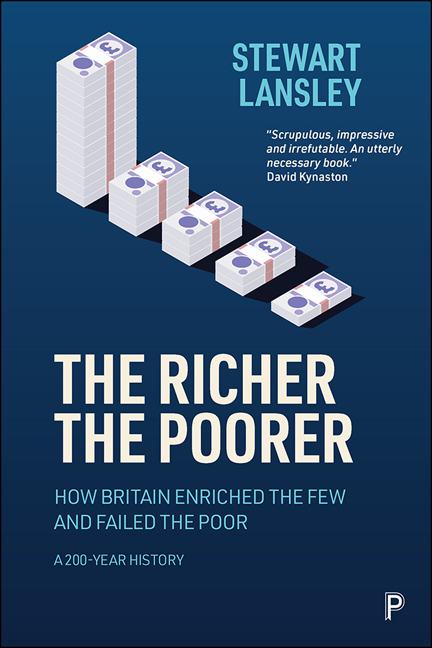Book contents
- Frontmatter
- Miscellaneous Frontmatter
- Dedication
- Epigraph
- Contents
- List of figures
- Preface and acknowledgements
- Introduction: Knighthoods for the rich, penalties for the poor
- PART I 1800–1939
- PART II 1940–59
- PART III 1960–79
- PART IV 1980–96
- PART V 1997–2010
- PART VI 2011–20
- Afterword: COVID-19 and ‘the polo season’
- Notes
- Index
1 - Hierarchical discipline
Published online by Cambridge University Press: 13 May 2022
- Frontmatter
- Miscellaneous Frontmatter
- Dedication
- Epigraph
- Contents
- List of figures
- Preface and acknowledgements
- Introduction: Knighthoods for the rich, penalties for the poor
- PART I 1800–1939
- PART II 1940–59
- PART III 1960–79
- PART IV 1980–96
- PART V 1997–2010
- PART VI 2011–20
- Afterword: COVID-19 and ‘the polo season’
- Notes
- Index
Summary
It was the high summer of 1939. In July, weeks away from the outbreak of war, a thousand people gathered at Holland House in Kensington in West London to celebrate the eighteenth birthday of the debutante Rosalind Cubitt. Rosalind was the granddaughter of Alice Keppel, the mistress of Edward VII. Her mother, Sonia Keppel, had married Roland Cubitt, later the 3rd Baron Ashcombe, heir to the giant global building firm. Camilla Parker Bowles, who later married Charles, the prince of Wales, is Rosalind's daughter.
Set in seventy acres of landscaped gardens and parkland, the sixteenthcentury Holland House was one of Britain's pre-eminent private mansions, long the centre of political and society intrigue, and once described as a ‘temple of luxury’. Loaned for the occasion by its owner the 6th Earl of Ilchester, the palace played host to one of the most memorable parties of ‘the season’, when Britain's wealthiest classes came together in a whirl of social and sporting events. The guest list was a roll call of the leading members of Britain's wealthy elite. King George VI and Queen Elizabeth together with Queen Eva of Spain and the playwright Noël Coward mingled with the country's political and literary figures, foreign ambassadors, press barons, financiers and popular entertainers.
Despite the wider privations and the deepening shadow of war, what one insider dubbed the ‘ornamental class’ showed no inclination for restraint. Across Britain, the champagne continued to flow at lavish social gatherings and traditional aristocratic pastimes –polo, fox hunting and shooting. ‘Chips’ Channon, Conservative MP and part of a small, privileged orbit which circled many of the most exclusive social and political events of the time, described the summer of 1939 in his diary as ‘a feverish season when night after night we went to balls and fetes, each one more splendid and sumptuous than the others’.
Britain's social elite was not just immensely rich, it continued to possess ‘power utterly disproportionate to its numbers’. It was a group that included an eclectic mix of aristocratic grandees, scions of the Victorian commercial, industrial and trading barons, names like Lord Vesty and Lord Pilkington and members of banking dynasties such as the Barings and Schroders.
- Type
- Chapter
- Information
- The Richer, the PoorerHow Britain Enriched the Few and Failed the Poor: A 200-Year History, pp. 9 - 16Publisher: Bristol University PressPrint publication year: 2021



